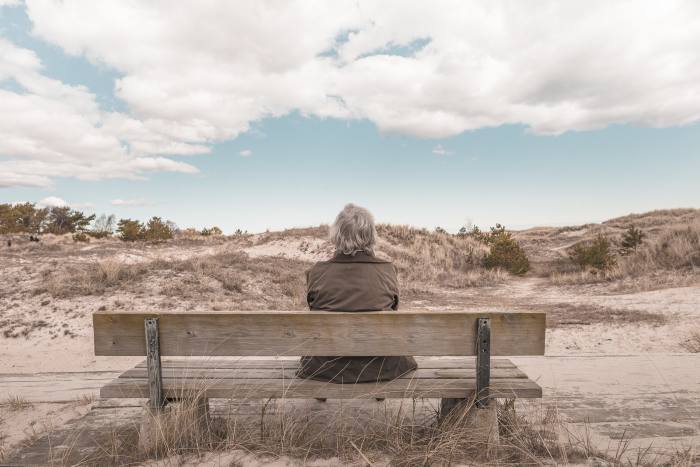
Older women are disproportionately disadvantaged in retirement as they bear the burden of a lifetime of lower pay and unequal working conditions, a report has claimed.
The Centre for Ageing Better stated older women were more vulnerable to financial difficulties than their male counterparts with both their employment history and family circumstances impacting on pension income and their ability to save.
In the centre's report, titled Inequalities in Later Life, the charity pointed to disparities across society in health, financial security, social connections and housing, with negative impacts accumulating for both men and women as they grow older.
The report stated richer older people were living about eight years longer than those less advantaged.
Severe inequalities for older people were reported to be largely a product of poverty and disadvantage throughout life, including poor education and work opportunities, along with lack of social connection.
While women were believed to be suffering those inequalities more than men, people from black and minority ethnicity backgrounds and some lesbian, gay, bisexual and transgender individuals were also found to be disproportionately disadvantaged.
The report follows research from the Organisation for Economic Co-operation and Development (OECD), which warned low levels of state pension entitlements were fueling poverty in later life.
The current poverty rate among the over 75 stands at 18.5 per cent, with women being disproportionately affected, the group said.
The Centre for Ageing Better found a mere 36 per cent of women aged 65 to 69-years-old received the full state pension in 2014 and women who spent most of their lives working part time were no better off in retirement than women who had never worked.
The report was written by Thomas Scharf and Caroline Shaw from the Institute of Health and Society and Institute for Ageing at Newcastle University, and Sally-Marie Bamford, Brian Beach and Dean Hochlaf from the International Longevity Centre UK (ILC-UK).
The team focused its research on a range of areas, including health, financial security and living environment.
Mr Scharf said: “Our research confirms the persisting nature of inequalities affecting people in later life.
"This means that, as people age, not everyone has the same access to good health and wellbeing, decent incomes and housing, or supportive social relationships.
"The fact that evidence of inequalities is consistent over time points to the need for a stronger focus on addressing the causes of disadvantage in later life.
"This is a challenge not only for government, but for society as a whole."
The researchers found poorer people in later life were up to 4.2 times more likely to have diabetes and up to 15.1 times more likely to have osteoarthritis than the better off.
There was also evidence that people from ethnic minority backgrounds were less likely to have adequate pension savings, with women from ethnic minority backgrounds at particular risk.
Higher education and wealth were generally associated with better social connections in later life.






